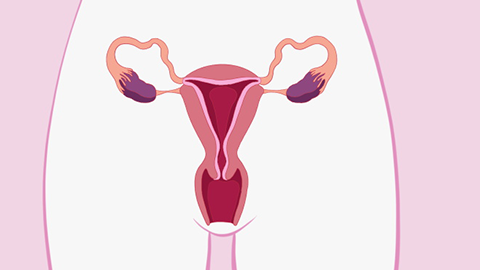What are the effects of hysterectomy in women?
Generally, after a woman undergoes hysterectomy, she may experience cessation of menstruation, loss of fertility, hormonal changes, alterations in pelvic floor function, and psychological effects. These impacts vary from person to person. It is recommended to take proper postoperative care and psychological adjustment, and seek professional help when necessary. Detailed explanations are as follows:
1. Menstrual Cessation
The uterus is the organ responsible for menstruation, with the endometrium shedding periodically to form menstrual flow. After hysterectomy, menstruation naturally stops. For women of reproductive age, this is a direct and obvious change. The previously regular menstrual cycle ceases, and some women may find this change difficult to adapt to initially.
2. Loss of Fertility
The uterus is the organ where fetal development occurs. Following hysterectomy, a woman permanently loses the ability to bear children. This can have significant implications for women who desire children or have not yet completed their childbearing plans, potentially causing psychological distress.

3. Hormonal Changes
Although the ovaries are the primary endocrine organs, the uterus also secretes certain hormones and participates in endocrine regulation. After hysterectomy, ovarian blood supply may be affected to some extent, potentially leading to premature ovarian failure. Some women may experience symptoms such as hot flashes, night sweats, insomnia, and mood swings, similar to those seen in menopause. However, not all women will experience these effects, and symptom severity varies individually.
4. Changes in Pelvic Floor Function
The uterus, located in the pelvis, works with surrounding ligaments and muscles to support the pelvic floor structure. After hysterectomy, the supporting structures of the pelvic floor weaken, potentially leading to pelvic floor dysfunction, such as vaginal wall prolapse or urinary incontinence. Symptoms of urinary incontinence may become more noticeable during activities that increase abdominal pressure, such as coughing, laughing, or lifting heavy objects.
5. Psychological Impact
Some women closely associate the uterus with female characteristics and fertility. Following hysterectomy, they may experience psychological loss, feelings of inferiority, or even anxiety and depression. They may worry about feeling incomplete or fear negative effects on marital life and family relationships.
After hysterectomy, women should pay attention to postoperative care, avoid engaging in heavy physical labor too soon, and appropriately perform pelvic floor muscle exercises to reduce the risk of pelvic floor dysfunction. It is also important to monitor one's psychological state, communicate openly with family and friends, and seek help from a mental health professional when necessary. Additionally, regular follow-up visits to the hospital are recommended to monitor recovery. If significant discomfort occurs, prompt medical attention should be sought.








